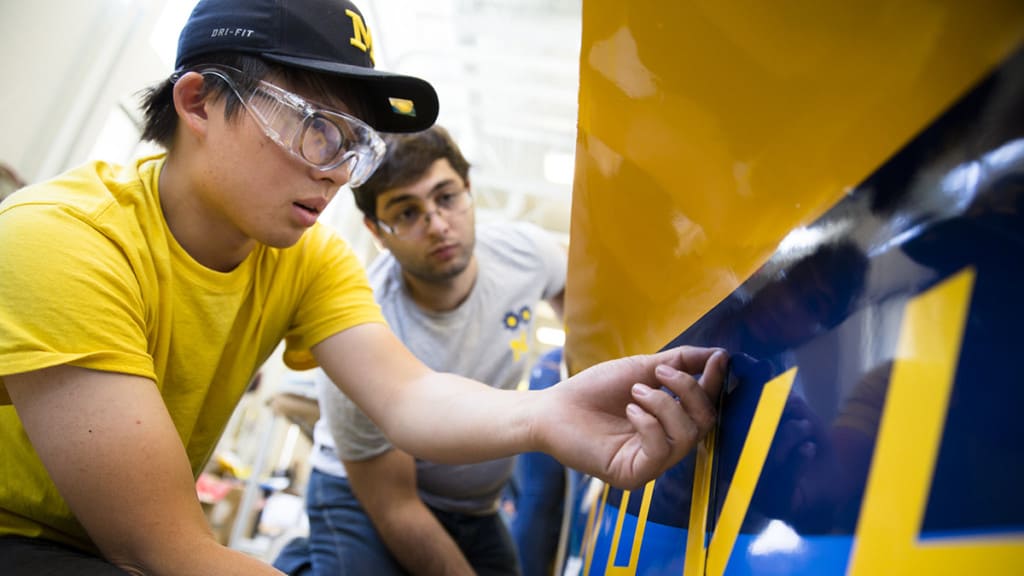
Research Areas
Michigan Aerospace remains a leader in aerospace research and education, covering an expansive array of topics from unmanned air and space vehicles to commercial airliners. The ever-evolving topics in aerospace encompass the traditional areas of gas dynamics, flight dynamics, control, structures and materials while probing visions of future needs for the aerospace enterprise. Research in aerospace engineering brings our best together to solve tough problems.
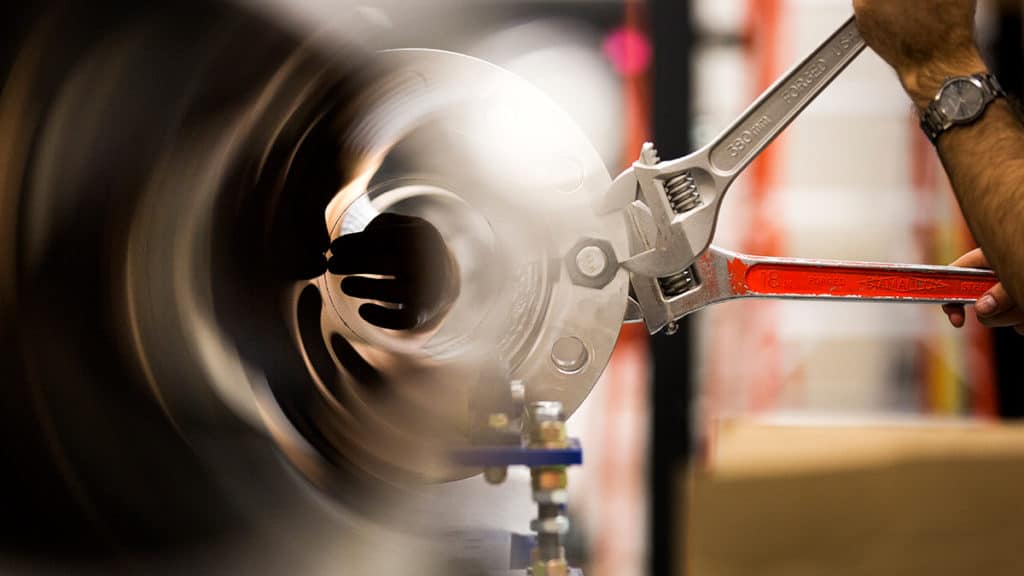
Aerodynamics & Propulsion
Aerodynamics & Propulsion is important for numerous aspects of aerospace engineering, such as airplane aerodynamics, helicopter aerodynamics, jet propulsion, rocket propulsion, advanced propulsion, properties of the space environment, and many others.
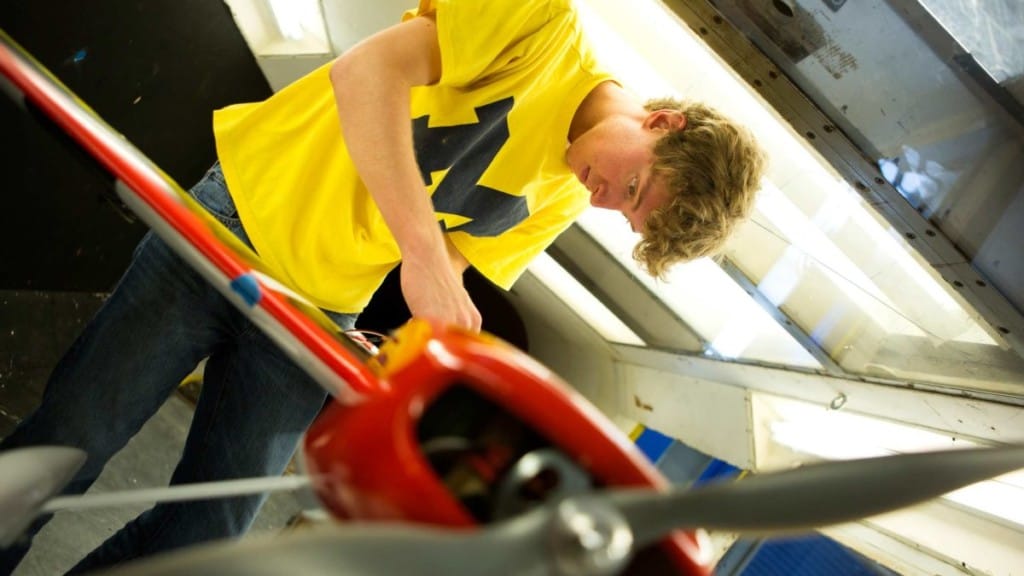
Autonomous Systems & Control
The department has a long history of excellence in the areas of flight dynamics and control systems. It was one of the first engineering departments in the nation to offer courses in automatic control, flight dynamics, and simulation.
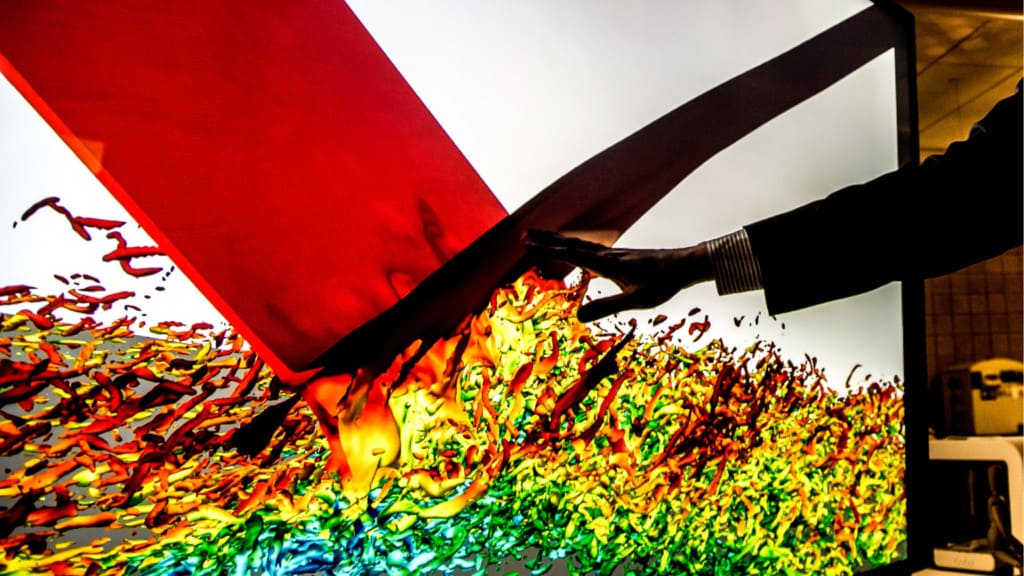
Computation
Computation plays a fundamental role in the design, analysis and operation of modern Aerospace systems. Applications include flight software, embedded computing for on-board control, optimization of structural, aerodynamic and propulsion systems, etc.

Model Based Systems Engineering Lab
The Model-Based Systems Engineering (MBSE) Lab provides forward thinking industry tools to fill some critical skills gaps between engineering graduates and industry requirements. Program projects undertake research that leverages digital modeling to improve operational and financial efficiencies in engineering design and development.
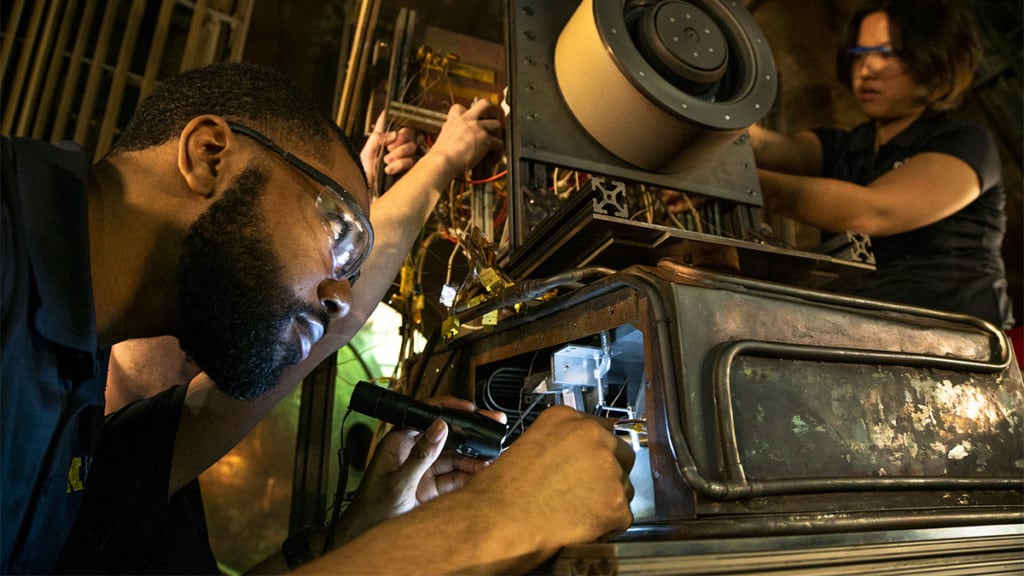
Space Systems
A subset of faculty members in Aerodynamics and Propulsion and Dynamics and Controls develop spacecraft and advanced spacecraft subsystems such as propulsion and control systems. Experimental and computational studies center around spacecraft electric propulsion (EP) systems, such as Hall thrusters.
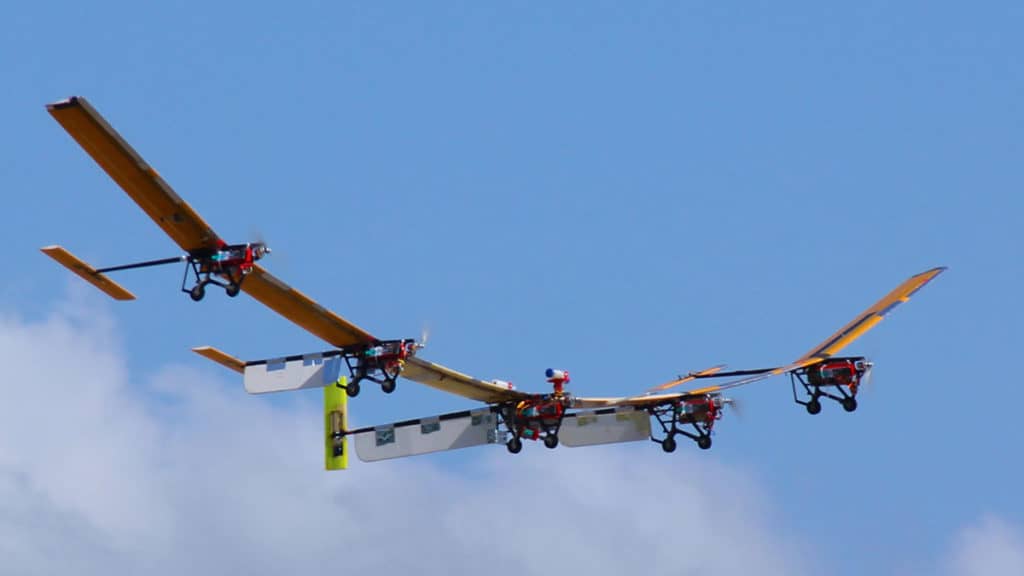
Structures & Materials
Structural mechanics is the study of the mechanical behavior of solids and structures. This specialization covers theory, computations, experiments and implementation issues, as well as the study of specific cutting edge aerospace vehicles.
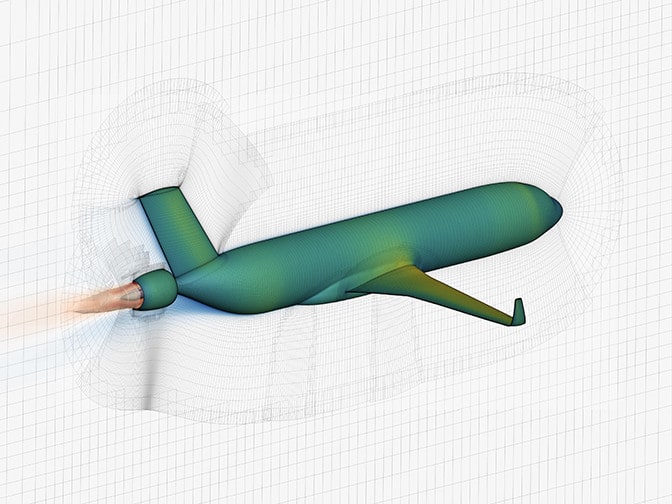
Sustainable Aviation
Sustainable aviation is a multi-disciplinary field that seeks solutions to improve the environmental and societal impacts of air transportation. This specialization covers highly efficient aircraft designs, novel propulsion systems, green aircraft technologies, and energy-optimized flight operations to reduce aircraft energy consumption, noise, and emissions.
GET INVOLVED
Be a part of research that pushes the boundaries of aerospace engineering.
